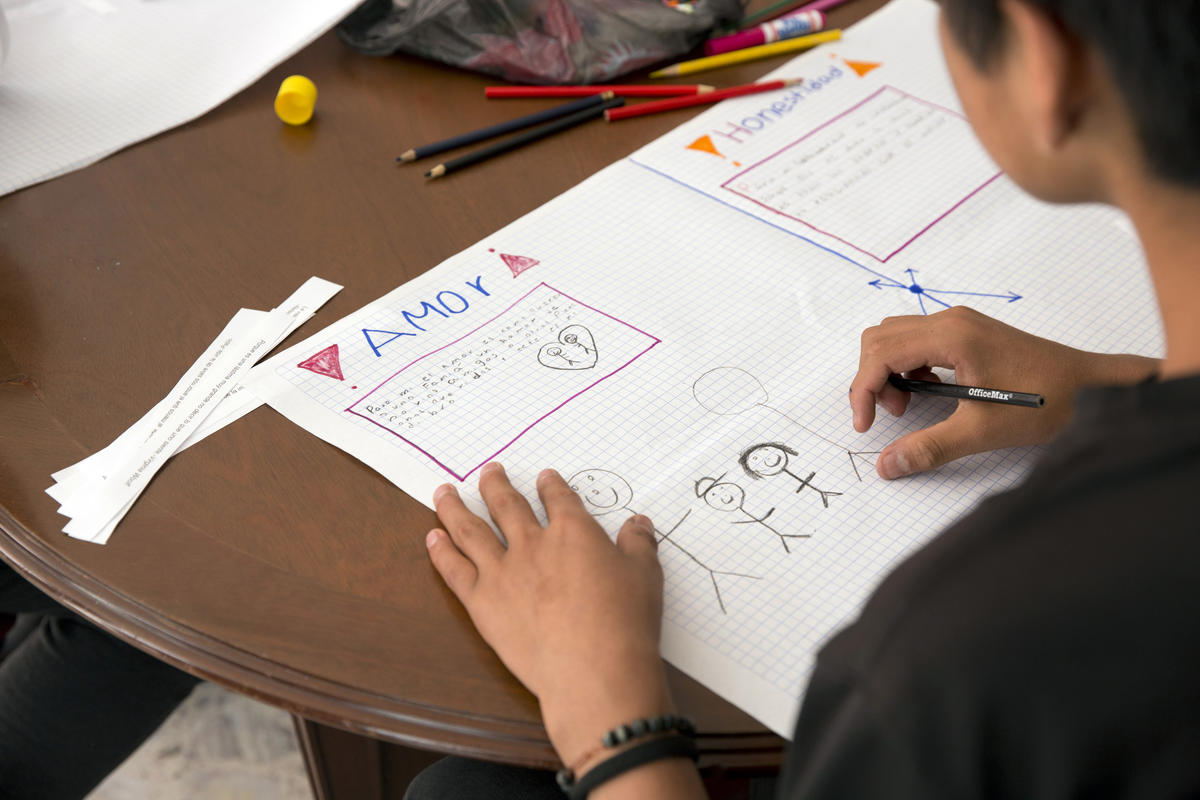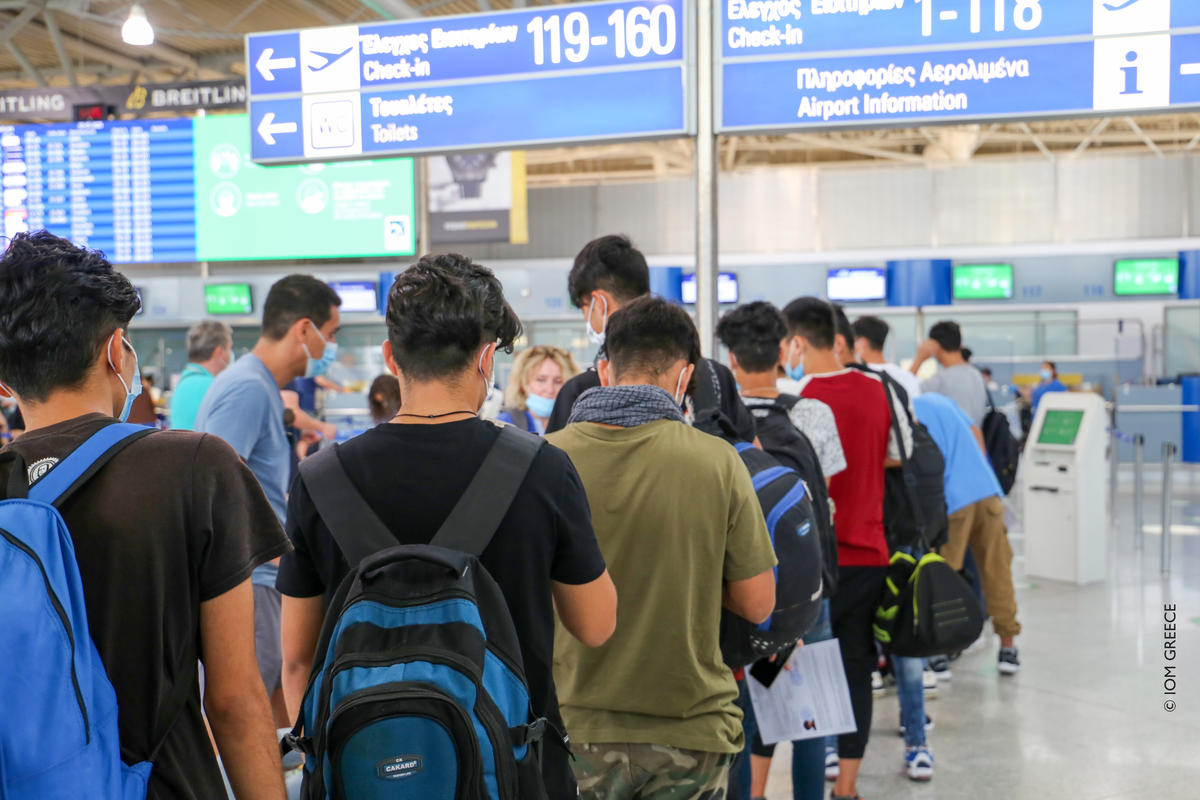Geneva dialogue supports coherent policy on refugees in migration flows
Geneva dialogue supports coherent policy on refugees in migration flows

GENEVA, December 13 (UNHCR) - A two-day UNHCR-organized dialogue among some 70 governments has voiced support for a more coherent, comprehensive and integrated approach to ensure the protection of refugees among the millions of migrants now on the move worldwide.
In a draft summary concluding the Dialogue on Protection Challenges at Geneva's Palais des Nations late Wednesday, High Commissioner for Refugees António Guterres noted that participants urged the international community to maintain a distinction between refugees and migrants as a means to preserve the institution of asylum.
Much of the dialogue, the first in an annual series examining key refugee-related issues in a relatively informal setting, focused on how to better ensure that refugees forced to flee violence and persecution are able to find the protection they deserve as governments try to grapple with growing migratory movements on their borders.
The world's 10 million refugees constitute only a small proportion of the 200 million people now living outside their own country. But increasingly, refugees are mixed in with migrants on the move - travelling in the same directions and using the same routes and means of transport. Distinguishing between those who are forced to flee and those who choose to move for economic or other reasons is a major challenge.
Guterres said there was broad agreement among participants for a comprehensive approach to fill the "protection gaps" and "grey areas" arising from these mixed flows of refugees and migrants. "The solution for addressing these gaps lies not in redefining mandates but in getting the international community to work together through new partnerships," he said.
Participants agreed to establish an informal working group that will include non-governmental organizations, governments and relevant agencies who will examine how to address these gaps in a more coordinated way.
Participants also focused on human smuggling and trafficking, including irregular maritime migration. Tens of thousands of boat people risk their lives each year in the Mediterranean, the Gulf of Aden, the Caribbean and off the coast of West Africa.
At a side event devoted to rescue at sea, UNHCR's Assistant High Commissioner for Protection Erika Feller reminded the participants of recent tragedies in the Mediterranean Sea, the Atlantic Ocean and the Gulf of Aden. In the last week alone, some 200 people drowned or went missing in separate incidents off Turkey, the Spanish Canary Islands and Yemen.
UNHCR and its partners, including the International Maritime Organization (IMO), are promoting measures that will save those who are in distress on the high seas and ensure their safe and timely disembarkation. Guterres said the heads of relevant agencies involved in maritime migration issues will meet early next year.
"The sea is a very dangerous environment," said Graham Mapplebeck of the IMO. "Only through cooperation and coordination by all those involved can we ensure the safety and preservation of human life at sea."
The next High Commissioner's Dialogue will be convened in the first half of next year, Guterres announced.









